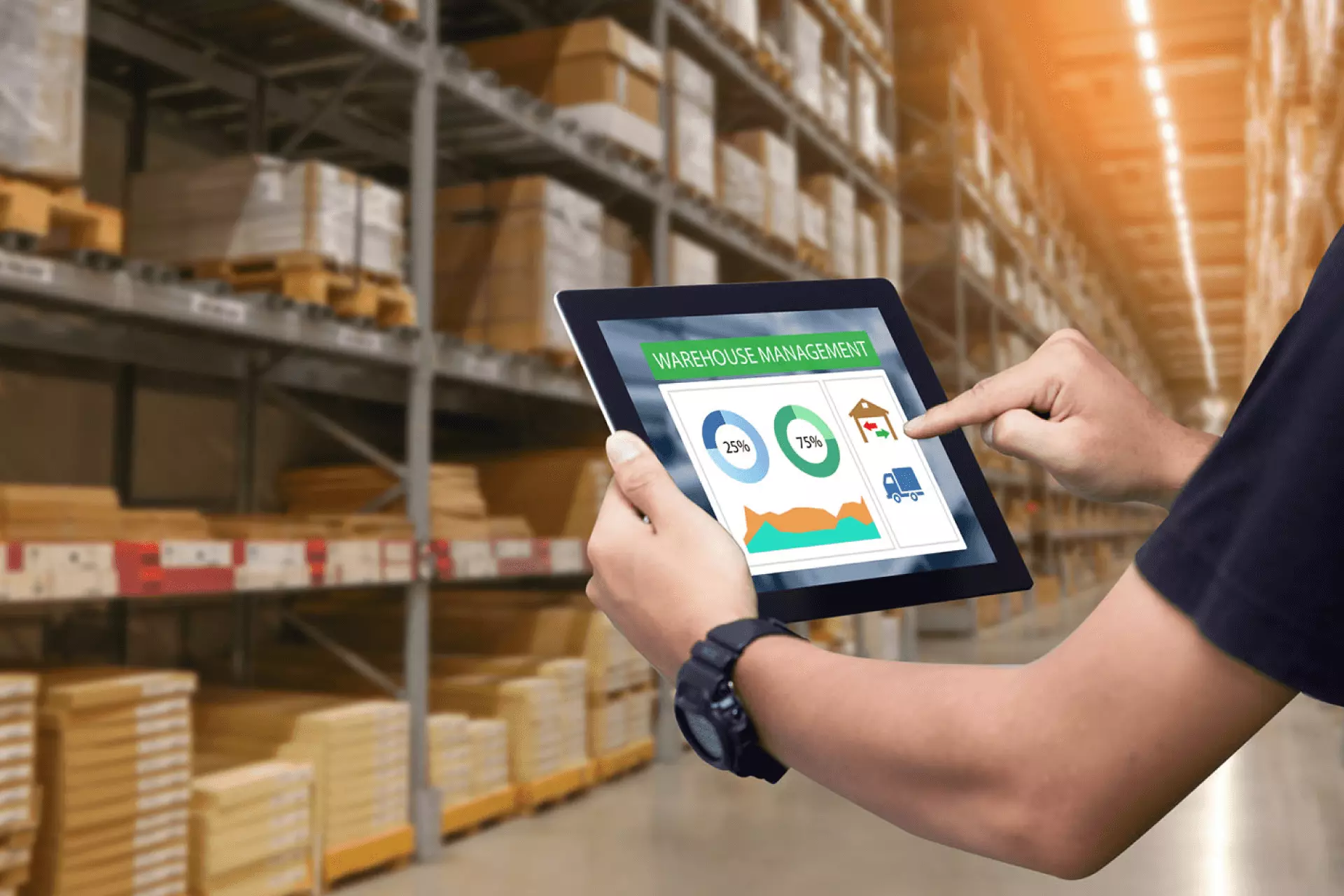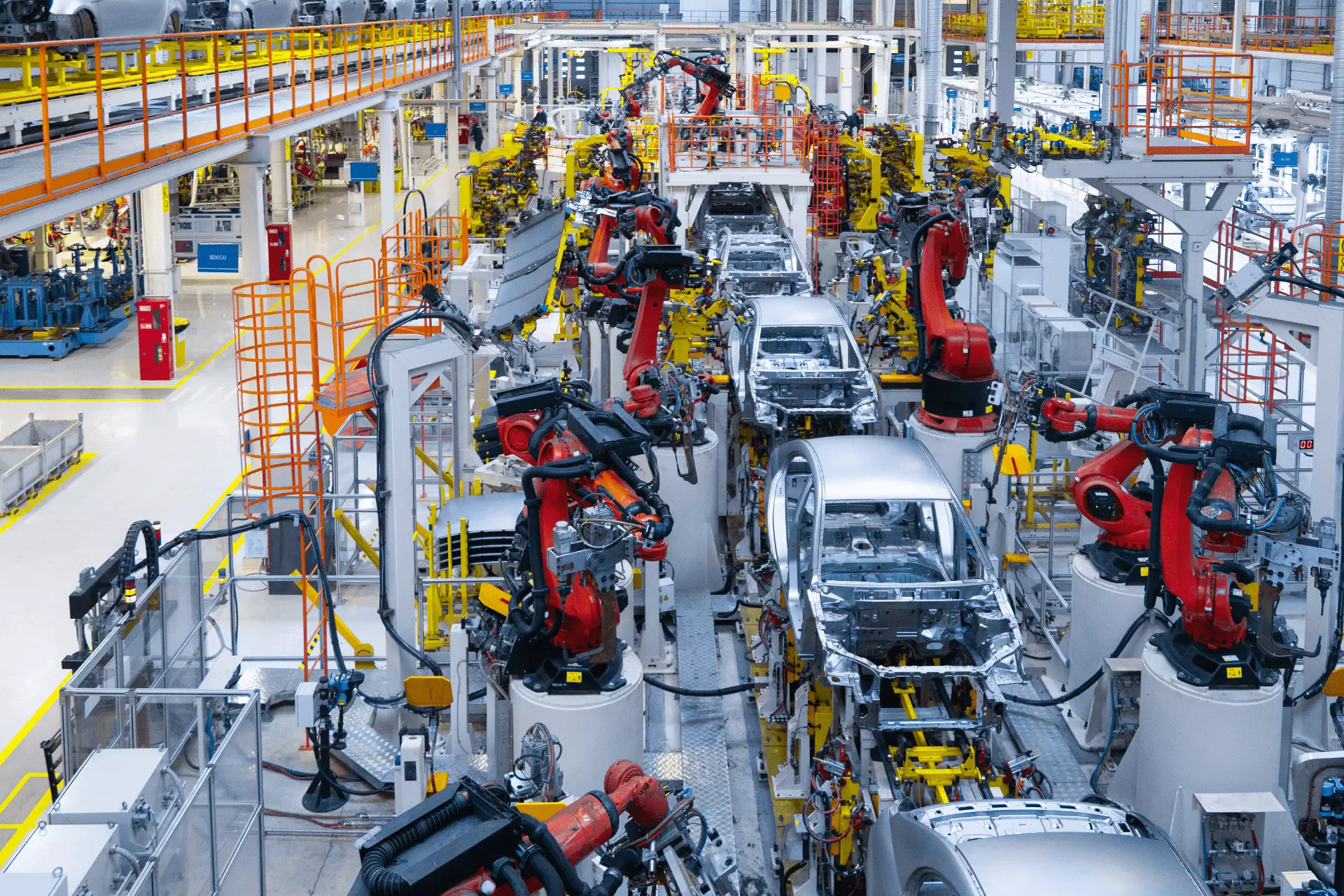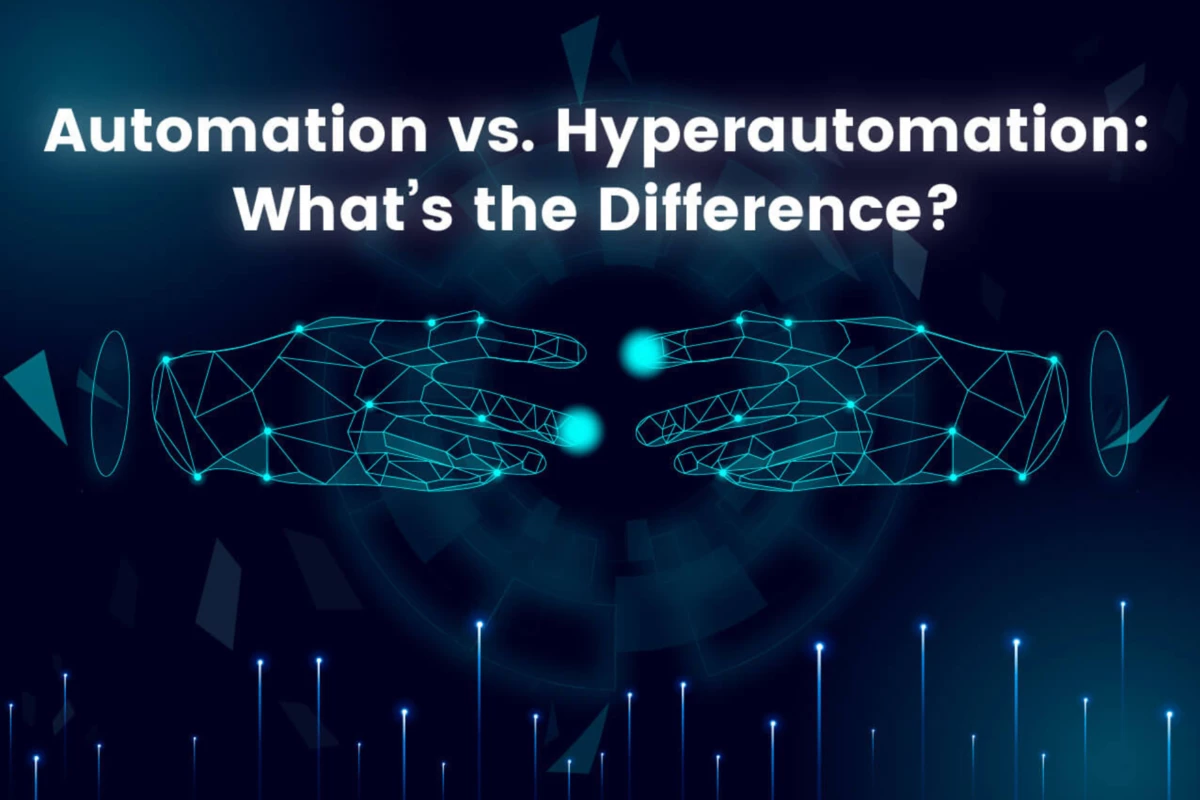Retail being one of the largest business silos worldwide, retail automation becomes not only useful but very necessary. As the world shifts to the period of Automation 4.0, Robotic Process Automation (RPA) is gaining incitation across all sectors, substantially because companies have begun to realize the significance of automating a process and adding effectiveness has come alternate nature.
That’s particularly true in the retail sector. Customers anticipate a quick shopping experience with an uncompromising attitude. From that perspective, retail sales have declined by 3% from 2019 to 2022, but e-commerce sales increased by 27% in the same period, according to eMarketer. Also, the sector has expected 2023 online sales will account for a quarter of the retail industry.
Hence, reducing human intervention and human error in an online sales business will give the brand a competitive advantage.
So, how can a retailer (including small-time retailers) handle the challenges of large companies by adding product costs and client prospects? Robotic Process Automation (RPA) is your answer. There are many benefits of RPA in business. But how does it help specifically in the retail sector? Let’s find out.
What is Retail Automation (RPA in Retail)?
RPA in retail is an automated software that requires minimum human intervention. It carries all the work by a human, with much more perfection and better quality.
The operations of robotic process automation in the retail industry are vast as they are in enforcement in all types of work. Some of the crucial applications of RPA in the retail sector include workflow operation, managing customers, processing returns, managing finance, assessing the market inflow, keeping track of consumer experience, and so on.
The aptitude of RPA in Retail – Retail Automation
Retailers face several challenges that bear them to keep operations running as smoothly and efficiently as possible. Additionally, as one of the most fast-paced industries, retail has to:
- Maintain a high volume of force to make the product available on demand
- Train, retain, and manage the critical employees for their stores
- Give quick and effective service and support to customers in different channels
- Process and fulfil orders on time to achieve client satisfaction
On top of that, with processes like inventory management, invoice and order processing, and client queries, the retail industry has a lot of use cases for RPA to show the benefits of automation.
RPA can help increase productivity and precision across multiple operations within the Retail industry.
How Does RPA in the Retail Sector Help?
Streamlining the most simple tasks of the retail industry, similar to data analytics, product scanning, and inventory operation, RPA also caters to many executive processes.
RPA results in better client relationship management, cost reduction, advanced audit, enhanced productivity, and many others.
Besides these, RPA in retail, when used in consumer experience the analysis would help drive trade promotion, manage subscription renewals, client onboarding from websites, claims processing, loyalty card operation, and client complaints.
Use cases of RPA in Retail – Retail Automation
According to recent data, global online deals increased to 8.8% of total retail spending in 2018, which was 7.4% in 2016. Online sales in the United States may double by 2023, and about 20% to 25% of the retail space. Therefore, the industry will face several challenges that need restructuring business processes from top to bottom.
Comparing these growth figures to a vastly slow market, adding labour costs, product costs, also an undependable supply – retail holders can face significant challenges in the coming times. Other than this, retail addresses the added need for consumer-centric business implementation.
Let’s look at some of how the retail sector makes use of RPA:
Business and sales analytics for Retail Automation
RPA in deals can automate sale analytics by offering data-based, real-time reports on client preferences and user experience related to certain aspects of a product.
Using these reports, you can study why some customers are phasing out and use this intel to retain them. Further, RPA can also help in predictive analysis, which supports stock optimization.
Inventory Management
RPA-powered inventory management systems oversee stock conditions and give a heads-up, which helps the inventory at an optimal position by avoiding understocking and overstocking. RPA also facilitates demand forecasting, dead-stock tracking, averting data duplication, and reducing lead times by encompassing multiple sources like inventory, sales, and CRM.
Document Exchange
Employing multiple people to validate and transfer documents is an extravagant use of company resources. That gets minimized to a large extent with the usage of RPA in retail.
The necessary information can be borne to the applicable labour force or departments at lightning-fast speed using RPA. Likewise, with AI and ML algorithms, companies can set up intelligent automated systems that validate documents of different types and formats.
All of that combined improves speed, lowers the threat of lost documents, and safeguards intellectual property better than ever ahead.
Supply Chain Management with Retail Automation
The supply chain is at the heart of the retail business, and by enforcing RPA, the overall supply chain inflow gets streamlined. Retailers can improve effectiveness in areas like merchant selection and onboarding, purchase order operation, returns processing, invoice operation, and returns processing by integrating RPA with Supply Chain Management (SCM) systems.
ERP Management
RPA-based Enterprise Resource Planning is presumably the coming big thing after automated inventory management. Therefore, from tracking price changes, billing, and employee vacancy to generating reports like accounts outstanding and receivables, an ERP managed with RPA automates everything and minimizes human efforts. With the integration of inventory at the warehouse and sales at the POS, an automated ERP, you’re no way out of resources for your company.
Benefits of RPA in retail
RPA can help retailers organize complicated organizational tasks, similar to compliance and inspection regulation. When this conditioning is automated, employees can do further meaningful work and take strategic places.
- Decreased delivery risks
- Advanced compliance
- Better inventory management
- Advanced operation integration
- Enhanced user support
- Multi-tasking support
- Better auditing
- Optimized functional costs
Scope of RPA in retail
In simple words, retail is about the details. These details can help develop and radiate a brand promise, which leads to an unmatched user experience.
Whether you vend your products online, offline, or both, you must strike the right balance between multiple retail elements. However, you might face a complete decline if you don’t get the details right.
Hence, retailers are turning to Robotic Process Automation or RPA to stay suitable also thrive. The inspiration behind this has been:
- 360-degree, real-time functional visibility.
- A real-time understanding of why effects are occurring and non-occurring within their operations.
- Directed guidance on the best-coming step to take to resolve issues quickly.
Still, the coronavirus pandemic has only accelerated the requirement for retail automation. It helps companies lower costs and increases the pace. To further support this claim, statistics show that nearly 7 out of 10 CEOs plan to drive growth in companies, via cost-cutting methods, according to PwC.
Hence, it’s high time small businesses quickly turn to automation to maximize client satisfaction and compete with bigger competitors ahead.
At Outworks solutions, we offer end-to-end robotic process automation services. We care about functional and specialized aspects, performing with high business value impact. For further information, Contact us.



